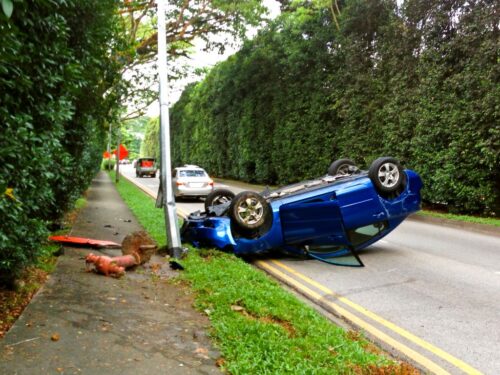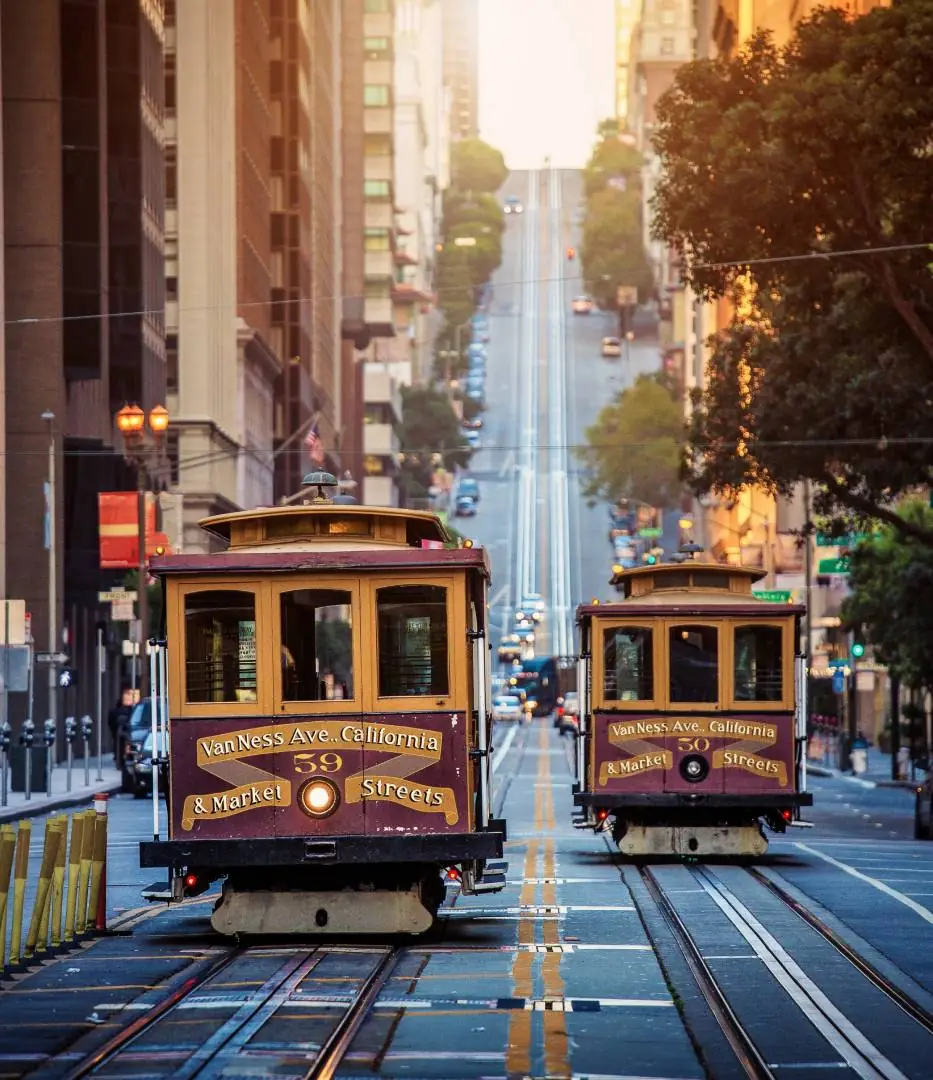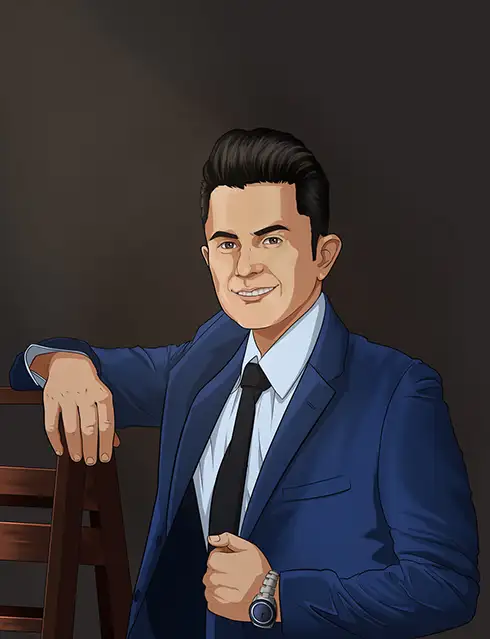
In recent years, many automotive companies developed and tested driver assistance technology, including automated driving systems, that deliver more safety benefits to the driver. The idea is that automated vehicles, or self-driving cars, can eliminate the human errors that often contribute to car accidents, making the road safer for everyone. In California, the Department of Motor Vehicles administers the Autonomous Vehicles Program and issues permits to those who manufacture autonomous vehicles for use on California roads.
Determining liability in a self-driving car accident is less straightforward than in a typical accident case. Luckily, a qualified personal injury lawyer can help. Contact our team at The Law Offices of Ali Yousefi, P.C., today to schedule an appointment.
Who Is Liable for Self-Driving Car Accidents?
Liability in a self-driving car accident often hinges on the underlying cause of the accident. If an automation defect in the vehicle causes the crash, the manufacturer or car dealer may be liable for the losses stemming from the accident. A manufacturer is strictly liable for injuries caused by a defective product. Types of defects include:
- Manufacturing defects,
- Design defects, and
- Lack of proper warnings.
Once you prove the defect existed, the manufacturer is responsible for any losses caused by the defective product.
Personal injury law does not account for self-driving technology in vehicles, so liability is determined through a traditional negligence analysis. The driver inside the vehicle owes others a duty to operate it in a reasonably safe manner. A driver can breach this duty by ignoring their automation features’ recommendations or using them in inappropriate settings. When a driver’s negligence in their vehicle causes the accident, they are liable for the damages, even when they use automation features.
Some automated vehicles are driverless, like food delivery vehicles. If a food delivery vehicle causes an accident, the company who owns the vehicle is likely liable for losses it causes.
What Is a Self-Driving Vehicle?
In California, an autonomous vehicle is defined as a car equipped with technology capable of driving the vehicle without the active physical control or monitoring by a human operator. An autonomous vehicle does not include automobiles equipped with one or more collision avoidance systems, including:
- Blind spot assistance,
- Automated emergency braking systems,
- Parking assistance technology,
- Adaptive cruise control,
- Lane assist,
- Lane departure assistance, and
- Traffic jam assistance.
Even if a vehicle is not fully autonomous, many automobiles include automation features.
Levels of Automation
The National Highway Traffic Safety Administration (NHTSA) developed a scale of zero to five to describe the degree of automation, with the fifth level representing fully automated vehicles.
Level 0
Level 0 signifies no automation at all. The driver is completely responsible for operating the vehicle and performing basic driving tasks. Level 0 vehicles can include safety features such as backup cameras, blind spot warnings, and automatic emergency braking.
Level 1
Level 1 automation means that the driving system provides continuous assistance with either accelerating,braking, or steering. Examples of level 1 automation include adaptive cruise control or lane departure assistance.
Level 2
Level 2 means the automation provides continuous assistance with acceleration,braking, and steering instead of one or the other. Highway pilot, where the technology maintains a specific speed and keeps your vehicle in a single lane, is a form of level 2 automation.
Level 3
Level 3 signifies a driving system that performs all driving tasks while the driver remains available to take over upon request. An example of level 3 automation is a traffic jam pilot, where the driver can focus on another task instead of driving until their vehicle sends an alert that the traffic jam is over. Vehicles with level 3 automation are not available for consumer purchase in the United States.
Level 4
Level 4, referred to as high automation, means the driving system takes full responsibility for driving tasks in limited service areas and conditions. The vehicle occupant acts as a passenger and does not need to operate the vehicle. If the vehicle exceeds its operational limits, it will notify the occupant to take over. Vehicles with level 4 automation are not available for consumer purchase in the United States.
California Laws for Self-Driving Vehicles
Although California does not currently authorize consumers to use self-driving vehicles, manufacturers can obtain a permit to test autonomous vehicles on public roads. Beginning in August 2023, California authorized two companies, Waymo and Cruise, to offer a 24-hour paid taxi service with self-driving cars in San Francisco. The state revoked Cruise’s driverless permits after one of its automated vehicles dragged a pedestrian 20 feet and the company failed to share video footage of the incident when requested.
As of October 24, 2023, the DMV authorizes deployment of autonomous vehicles from Mercedes Benz, Nuro, and Waymo.
Car Accident Statistics for Self-Driving Cars
Although the goal of self-driving cars is to maximize safety, the current technology is far from perfect. The NHTSA recorded 130 car accidents involving automated driving system-equipped vehicles between July 2021 and May 2022. 108 of those crashes had no reported injuries.
Contact an Attorney at the Law Offices of Ali Yousefi, P.C., Today to Discuss Proving Fault in a Self-Driving Car Accident
Our team at the Law Offices of Ali Yousefi, P.C., is committed to fighting aggressively for those injured in car accidents. We know what it is like to suffer injuries in a collision and not know where to turn. A car accident lawyer at our firm will walk you through each step of the process and Our founding attorney, Ali Yousefi, has earned the following accolades:
- Selection as a Super Lawyer,
- Top 10 Under 40 by the National Academy, and
- 10 Best Attorneys in California by The American Institute.
Self-driving cars are constantly evolving as automated technology evolves. A member of our team can review the details of your case and determine who is liable for damages caused by the accident. Contact The Law Offices of Ali Yousefi, P.C., to schedule an appointment today.



